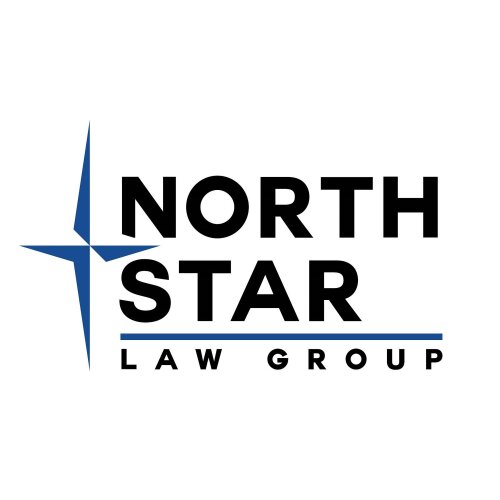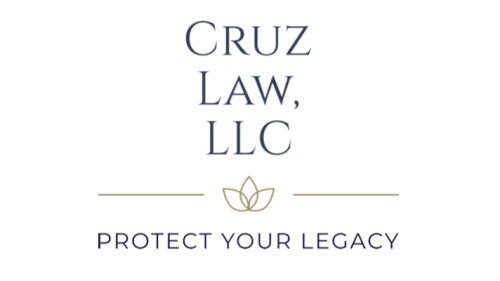Best Probate Lawyers in Anchorage
Share your needs with us, get contacted by law firms.
Free. Takes 2 min.
List of the best lawyers in Anchorage, United States
United States Probate Legal Questions answered by Lawyers
Browse our 1 legal question about Probate in United States and read the lawyer answers, or ask your own questions for free.
- My husband passed away five years ago. We have a property in th Philippines and I would like to transfer everything to my child. We are now residing in California, as U.S. citizens and my late husband a Filipino citizen.c
- How can I transfer Title on the property to my child?
-
Lawyer answer by Recososa Law Firm
Hello: We are sorry to hear about the passing of your husband, and we extend our deepest condolences. Regarding your concern, since your husband was a Filipino citizen and you are now both U.S. citizens residing in California, the property...
Read full answer
About Probate Law in Anchorage, United States
Probate law in Anchorage, United States, involves court proceedings dealing with the legal process of transferring property in the event of an individual's death. It includes taking inventory of the deceased person's assets, appraising properties, settling any debts or outstanding taxes, and distributing the remaining properties to the inheritors or heirs. In Anchorage, like the other parts of Alaska, probate laws are primarily governed by the Alaska Statutes Title 13. Code of Civil Procedure.
Why You May Need a Lawyer
The probate process can be complicated and time-consuming, often requiring a high degree of legal knowledge. You may need a lawyer to navigate this process and ensure all legal requirements are satisfied. Common situations where you may need a probate lawyer include disputes among heirs, estates with significant debt, estates with a high value that may be subject to estate tax, instances where the deceased died intestate (without a will), and when real estate is owned in different states.
Local Laws Overview
Probate laws in Anchorage, as defined under Alaska Statutes Title 13, include several key aspects. For instance, individuals over 18 with a sound mind can make a will. The will must be witnessed by two individuals. In cases where there's no will (intestate), state law determines how property is divided. The surviving spouse generally receives half the estate, with the remainder being divided amongst any children. The process can be more complex with blended families or other kinship disputes. Alaska law also allows for assets to avoid probate if placed in a revocable living trust.
Frequently Asked Questions
1. Does all property have to go through probate?
No, not all properties have to go through probate. Certain types of assets, like those held in joint tenancy or assets placed in a living trust, typically bypass the probate process.
2. How long does probate take in Anchorage?
The probate process may take several months to a year, and even longer for complex estates or when disputes arise.
3. Is probate necessary if there's a will?
In most cases, yes. A will is the legal document that the probate court uses to distribute assets. Without probate, the instructions in the will cannot be legally enforced.
4. What happens in the case of intestate?
If a person dies without a will, they're said to have died intestate. In these cases, state law will determine how the property is divided among surviving family members.
5. Can I handle probate without a lawyer?
While it's possible to handle probate without a lawyer, it can be very complicated, especially for larger estates or when disputes arise. Legal advice is usually advisable.
Additional Resources
The following resources can provide more information on probate processes in Anchorage, Alaska:
- Alaska Court System: Offers resources for navigating probate court proceedings.
- Alaska Bar Association: Provides a listing of attorneys specializing in estate planning and probate law.
- Alaska Legal Services Corporation: Provides civil legal aid and information for Alaskans who cannot afford private attorneys.
Next Steps
If you are dealing with a probate-related issue, consider securing a lawyer specializing in probate law to guide you through the process. Research potential lawyers, schedule consultations, and choose a lawyer who is knowledgeable about Anchorage laws and who you feel comfortable working with. Remember to compile all necessary documentation related to the deceased’s properties, debts, and obligations to ensure a smooth process.
Lawzana helps you find the best lawyers and law firms in Anchorage through a curated and pre-screened list of qualified legal professionals. Our platform offers rankings and detailed profiles of attorneys and law firms, allowing you to compare based on practice areas, including Probate, experience, and client feedback.
Each profile includes a description of the firm's areas of practice, client reviews, team members and partners, year of establishment, spoken languages, office locations, contact information, social media presence, and any published articles or resources. Most firms on our platform speak English and are experienced in both local and international legal matters.
Get a quote from top-rated law firms in Anchorage, United States — quickly, securely, and without unnecessary hassle.
Disclaimer:
The information provided on this page is for general informational purposes only and does not constitute legal advice. While we strive to ensure the accuracy and relevance of the content, legal information may change over time, and interpretations of the law can vary. You should always consult with a qualified legal professional for advice specific to your situation.
We disclaim all liability for actions taken or not taken based on the content of this page. If you believe any information is incorrect or outdated, please contact us, and we will review and update it where appropriate.













